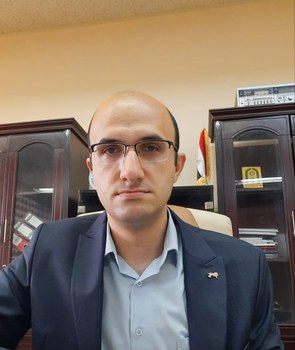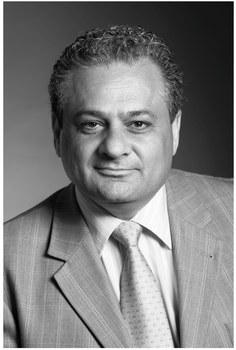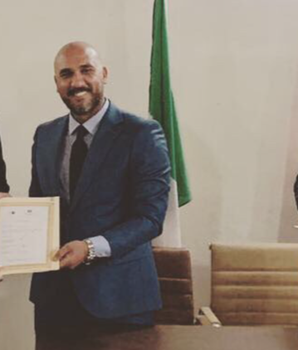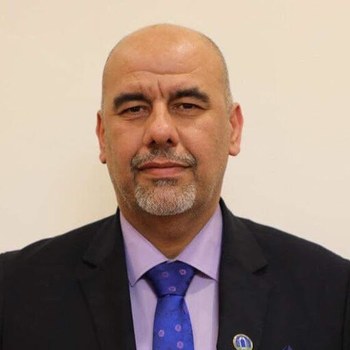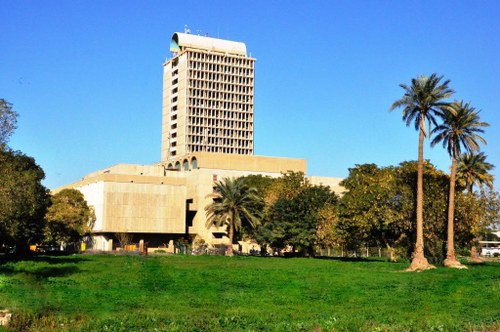
Established in 1957, the University of Baghdad is the Iraqi main and first higher educational institute with a long history of teaching and research. Its well-diversified teaching offer includes a number of colleges and numerous specialized departments, institutions where over 60,000 students are trained every year. The College of Arts is one of the main bodies of the University of Baghdad. It is composed of eight departments: English Language, Arabic Language, Philosophy, Sociology, Psychology, History, Geography and Archaeology. International collaborations in research projects between the College of Art and EU (German) and Oriental (Japan) universities have been activated for many years. The Department of Archaeology has over 350 student enrolled in BA, MA and PhD courses which offer a wide range of teaching units on Islamic and Pre-Islamic period (Sumerian, Babylonian and Assyrian). The Department of History is one of the biggest within the College of Art, attracting almost 700 students. Its BA, MA and PhD include Ancient history, Islamic history, Modern and Contemporary history. Having a privileged channel to maintain international relations, it has great expertise in organization and promotion of dissemination and exploitation activities. It will also participate in all the planned activities of the project, playing a relevant role in WP1 by contributing to the need analyses at both local and national level.
For more info visit the University of Baghdad website http://www.coart.uobaghdad.edu.iq/


